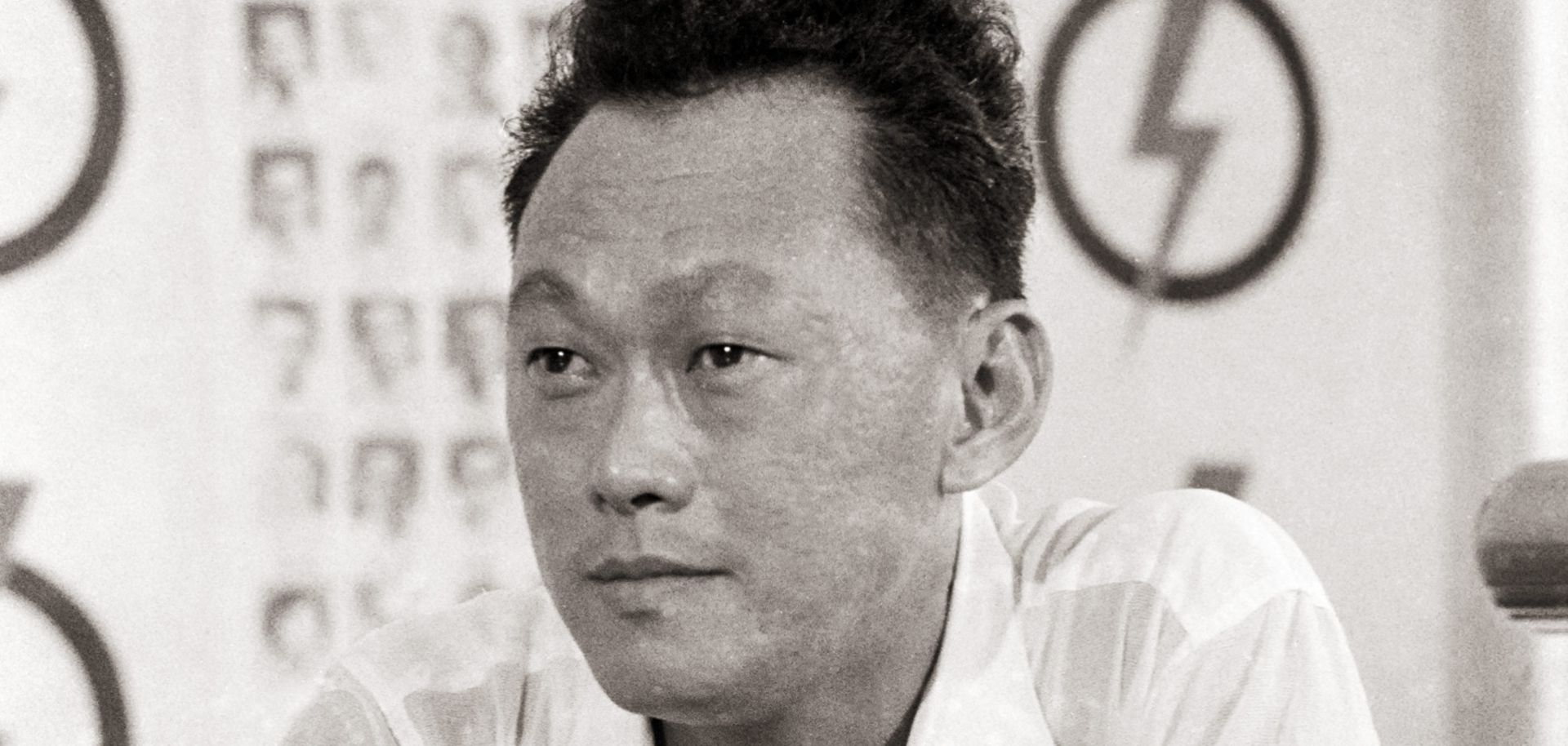ASSESSMENTS
Reflecting on the Life of Lee Kuan Yew
Mar 23, 2015 | 19:51 GMT

(TERENCE KHOO/AFP/Getty Images)
Summary
The March 23 death of Lee Kuan Yew, Singapore's founding father and its prime minister from 1959 to 1990, marks the passing of one of the last, great, Asian post-independence leaders. After 50 years of autonomy, the island city-state is a major shipping hub and oil refining hub, as well as a finance and manufacturing center. Lee's insight into the nature of the geopolitical realities facing his nascent country enabled him to take advantage of Singapore's strategic geographic position while navigating around its vulnerabilities. He leaves behind a stable configuration of power, now led by his son, Prime Minister Lee Hsien Loong, and a state that plays an outsized role in the international system. Yet, the exceptional island city-state Lee built will face a new set of challenges in the near future.
Subscribe Now
SubscribeAlready have an account?
